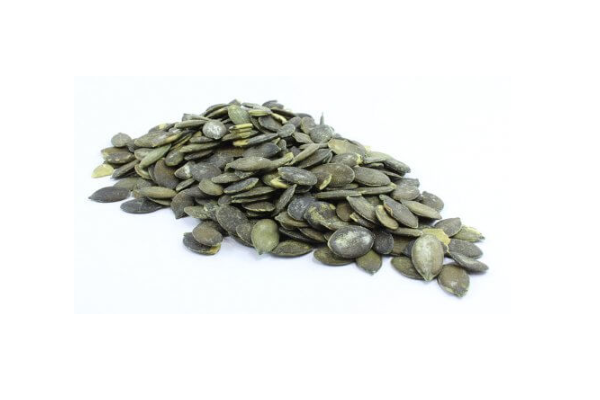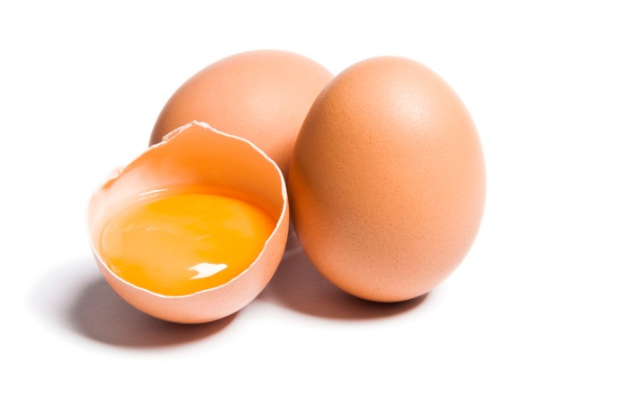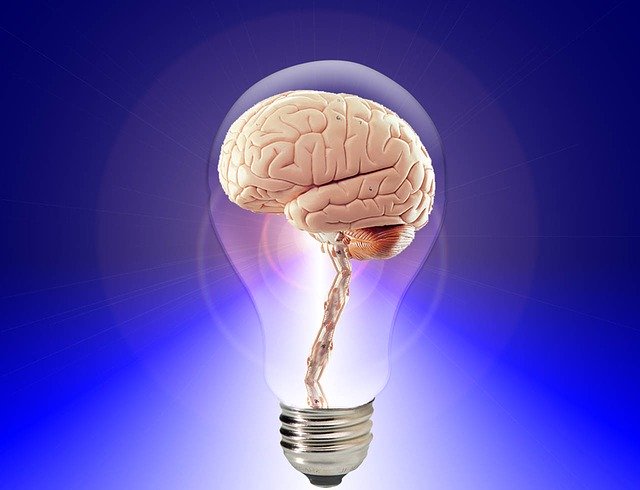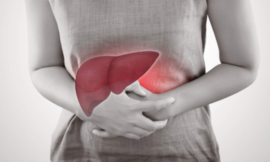It is difficult to remember everything we studied or saw in our life. Everyone has moments of forgetfulness from time to time, especially when life gets busy. Our memory became weak with time, but the hectic work or study, using phones for long times, etc are affecting our memory power. In this modern life, we are surrounded by radiation from electronic devices, especially phones. We can’t live without our cell phones and all these are damaging our brain.
So, here are some foods which help to boost our memory, not only students everyone is learning something every day, memorizing is important to achieving anything. You can include these foods in your diet to help to stay active and sharpen our memory.
Nuts
Studies have shown that eating nuts can improve markers of heart health, and having a healthy heart is linked to having a healthy brain. Nuts are a great source of vitamin E along with leafy green vegetables, an adequate intake of vitamin E might help to prevent cognitive decline and even help prevent neurodegenerative diseases. Several nutrients in nuts, such as healthy fats, antioxidants and vitamin E, may explain their brain-health benefits. Vitamin E shields cell membranes from free radical damage, helping slow mental decline.
Pumpkin Seeds

Pumpkin seeds contain powerful antioxidants that protect the body and brain from free radical damage. Richer in zinc than many other seeds, pumpkin seeds supply this valuable mineral which is vital for enhancing memory and thinking skills. They’re also full of stress-busting magnesium, B vitamins and tryptophan, the precursor to the good mood chemical serotonin.
Broccoli
Broccoli is packed with powerful plant compounds, including antioxidants. It is great source of vitamin K, which is known to enhance cognitive function and improve brainpower, because broccoli is high in compounds called glucosinolates, it can slow the breakdown of the neurotransmitter, acetylcholine, which we need for the central nervous system to perform properly and keep our brains and memories sharp. Low levels of acetylcholine are associated with Alzheimer’s.
Beyond vitamin K, broccoli contains a number of compounds that give it anti-inflammatory and antioxidant effects, which may help protect the brain against damage.
Fatty Fish
Fatty fish is often at the top of the list when we talk about brain foods. Essential fatty acids (EFAs) can’t be made by the body which means they must be obtained through food, Fatty fish includes salmon, trout and sardines, which are all rich sources of Omega 3- fatty acid. About 60% of your brain is made of fat, and half of that fat is the omega-3 kind and our brain uses omega-3s to build brain and nerve cells, and these fats are essential for learning and memory.
Blueberries

Blueberries have numerous health benefits, including some that are specifically for your brain. Some of the antioxidants in blueberries have been found to accumulate in the brain and help improve communication between brain cells. Antioxidants act against both oxidative stress and inflammation, conditions that may contribute to brain aging and neurodegenerative diseases.
Turmeric
The deep-yellow spice is a key ingredient in curry powder and has a number of benefits for the brain. Curcumin, the active ingredient in turmeric, has been shown to cross the blood-brain barrier, meaning it can directly enter the brain and benefit the cells there.
Curcumin may help improve memory in people with Alzheimer’s. It may also help clear the amyloid plaques that are a hallmark of this disease and it boosts serotonin and dopamine, which both improve mood. One study found curcumin improved depression symptoms just as much as an antidepressant over six weeks.
Whole grains
Like everything else in your body, the brain cannot work without energy. The ability to concentrate and focus comes from an adequate, steady supply of energy (in the form of glucose) in our blood, to the brain. Achieve this by choosing whole grains which have a low-GI which means they release their energy slowly into the bloodstream, keeping you mentally alert throughout the day. Eating too few healthy carbs, like whole grains, may lead to brain fog and irritability. Opt for ‘brown’ wholegrain cereals, granary bread, rice and pasta.
Eggs

Eggs are a good source of several nutrients tied to brain health, including vitamins B6 and B12, folate and choline. Choline is an important micronutrient that your body uses to create acetylcholine, a neurotransmitter that helps regulate mood and memory. Eating eggs is an easy way to get choline, given that egg yolks are among the most concentrated sources of this nutrient. Also, being deficient in two types of B vitamins — folate and B12 — has been linked to depression.
Green Tea
Green tea has components that make it a brain-healthy beverage. As is the case with coffee, the caffeine in green tea boosts brain function. One of them is L-theanine, an amino acid that can cross the blood-brain barrier and increase the activity of the neurotransmitter GABA, which helps reduce anxiety and makes you feel more relaxed. L-theanine also increases the frequency of alpha waves in the brain, which helps you relax without making you feel tired.
Tomatoes
The antioxidant named lycopene in tomatoes helps to prevent radical damage to cells that occur in the development of dementia, particularly Alzheimer’s. You can enjoy cooked tomatoes with olive oils. Tomatoes are also good for glowing skin and suntan.





